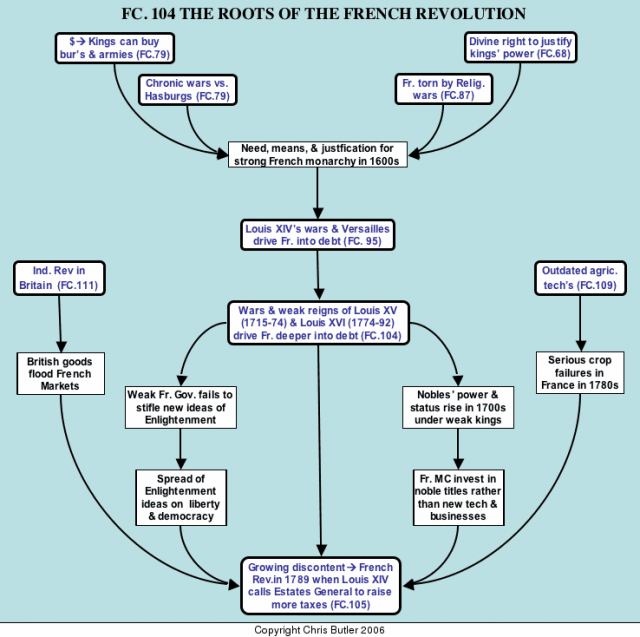The real strength of a republic, depends upon the insuperable attachment of its members to liberty and their rights. Possessing this, the republican repels every attack, he soon learns the military art, he harasses and overcomes all his enemies: Witness many of the American generals, whose virtues and abilities you acknowledge. The greatest part of them had never handled a musquet; they had been merchants, farmers, physicians, book-sellers. Witness Warren, Knox, Morgan, Greene, and the infamous Arnold, whose talents should have ornamented the soul of a patriot. And no wonder that republicans so speedily acquire military skill. The preservation of their liberties engages every faculty; a more powerful incentive than the pay of mercenaries, or even the distinctions of European armies. This is the reason that one or two years experience, and two or three defeats, instruct republicans more than twenty or thirty years spent in the service of other governments.
Animated by the love of liberty, republican soldiers are more patient, and bear fatigue better than hired troops. Witness your own commendations of the American soldiers, who always fought bravely, although ill paid, ill provided for, ill cloathed, and unaccustomed to the business. You allow that they soon learned to serve the artillery, that their barracks were of the best construction, that they were brave, &c. &c. &c. What produced these wonders? The love of liberty. While they preserve it, they will have nothing to fear, and the military art will be useless to them.
They will do well to remember the battles you describe, not to study the plans or circumstances of them, but as splendid monuments erected to liberty. If they are ever obliged to reassume their arms, the same genius will inspire them without this study.
In a word, every individual of a republic, should be brave, should be a soldier, by birth the defender of his country; but none should be so by profession.











 Reply With Quote
Reply With Quote





























